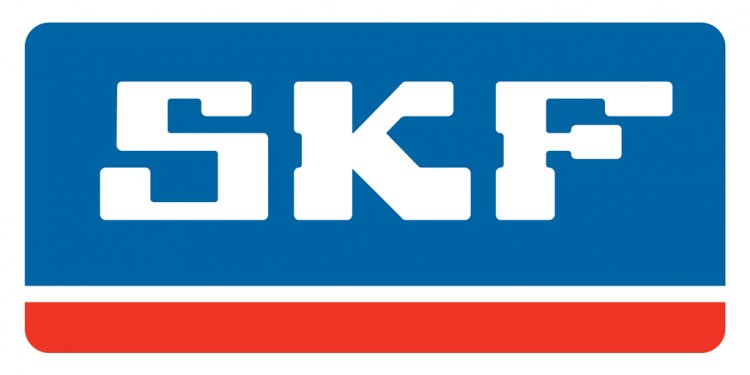
Economic factors affecting automobile industry
 Machines allowed farming output to increase whilst agricultural employment fell.
Machines allowed farming output to increase whilst agricultural employment fell.
Hemera Photos
The car industry includes organizations active in the manufacturing, advertising and maintenance of automobiles. In accordance with the U.S. Bureau of work Statistics, the automobile and parts manufacturing industry utilized about 700, 000 workers in October 2011. The work characteristics inside vehicle business affects employment levels in assistance sectors, such as steel and plastic materials manufacturing.
Economy
Macroeconomic circumstances influence labor supply and need. Job losses during a recession mean less disposable income for customers much less interest in cars. Automakers answer by lowering production, which leads to layoffs and reduced labor demand. Demand for cars frequently increases in an evergrowing economy. Automakers enhance production levels and employ new workers, which increases labor need. No-layoff conditions in union contracts, hiring restrictions and also the propensity of some organizations to steadfastly keep up employment through downturns have resulted in employment security within the vehicle industry. But due to the fact financial crisis of 2008 and the European debt crisis of 2010 demonstrated, the car industry is cyclical and it is not protected from extreme task losings.
Globalization
Globalization involves the import of foreign cars and relocation of production facilities offshore. This has led to a steady decline in U.S. automobile-sector work. Like, Michigan features seen its car employment autumn from about 100, 000 in 1990 to about 35, 000 this year, in line with the U.S. Bureau of Labor Statistics. Local integration trade agreements, like the North American Free Trade contract and eu, have shifted production to affordable places in the same continent, which decreases labor need in your home nation.
Settlement
Payment includes earnings and benefits. Relating to an April 2011 U.S. Bureau of work Statistics report, there has been upward pressure on wages and downward stress on advantages. In a good economy, the automobile industry must take on other industries for competent labor, which pushes up payment prices. The exact opposite generally speaking is true during a recession, when automakers have the ability to negotiate positive payment agreements with labor unions. Competitors, financial weakness and globalization imply that the automobile industry might not be able to help an appropriate living the working-class. This may affect the business's capacity to attract competent employees - especially in the look and development stages of car manufacturing - that could adversely affect its competitive benefit.
Other Elements
Various other elements affecting labor offer and demand feature brand-new technologies and unforeseen occasions, including the March 2011 quake in Japan that disrupted operations in several sectors. New technologies, particularly hybrids and solar-powered cars, might need employees with specific abilities.

















